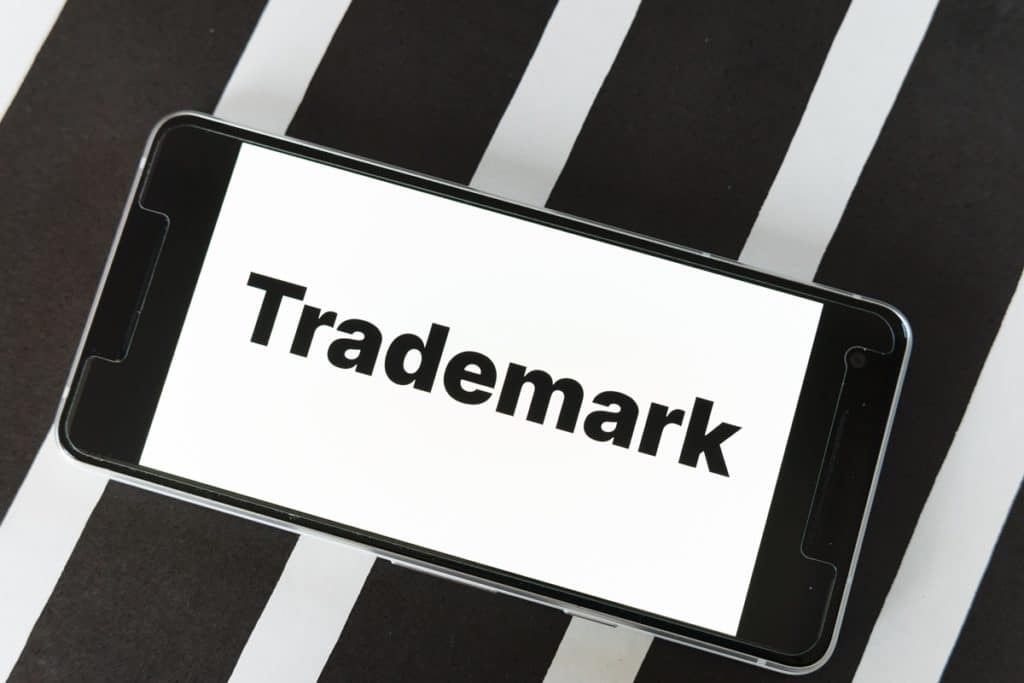Starting a business often involves several challenging steps. Beyond creating your business plan, arranging finances, and defining your target market, one aspect that requires keen attention is safeguarding your brand identity, and central to that is your business name.
Trademarking your business name is a fundamental and critical step that protects your brand from infringement, ensuring you maintain exclusive rights to it. This guide will detail how to trademark your business name, with a particular focus on procedures within the United Kingdom.
Understanding Trademarks
A trademark is a distinctive sign, symbol, or expression used by a business or individual to identify and distinguish their products or services from those offered by others. It is essentially a brand identifier. Trademarks can consist of words, logos, symbols, designs, or a combination of these elements.
A trademark’s primary function is to signify the origin of goods or services. For consumers, it serves as a quick and easy means of recognizing products or services of a particular company. It guarantees a consistent level of quality and helps to build brand loyalty.
In the business world, trademarks provide protection to the owner of the mark by ensuring exclusive rights to use it or authorize others to use it in return for payment. These rights are protected by intellectual property laws.
Trademarks can either be registered or unregistered. An unregistered trademark, often designated by the ™ symbol, still affords some legal protection under common law. However, a registered trademark, designated by the ® symbol, is easier to protect in a legal dispute as it benefits from a legal presumption of ownership in the geographical area where it’s registered.

The Benefits of Registering a Trademark
Registering a trademark for your business name, logo, or slogan carries several significant benefits, which extend beyond just the legal advantages:
Exclusive Rights: Registering a trademark grants you exclusive rights to use the trademark in relation to the goods or services for which it is registered. This means you have the right to use the trademark nationwide in connection with your goods or services, and you can prohibit others from using a confusingly similar trademark.
Legal Protection: With a registered trademark, it’s considerably easier to take legal action against anyone who uses your trademark without permission. Your registered trademark serves as concrete proof of your legal ownership, making legal proceedings more straightforward compared to unregistered trademarks.
Deterrence: A registered trademark can act as a deterrent to others considering the use of the same or a similar mark. Once registered, your trademark details become publicly available in the trademarks database, alerting others of your ownership and discouraging potential infringement.
Licensing and Franchising: If you want to expand your business, a registered trademark can be licensed to other businesses. You may also franchise your business, allowing others to operate a business under your brand name, thereby extending your market reach.
Increased Business Value: Trademarks can be a valuable asset. If your business is successful, the value of your brand (and the trademark that protects it) can increase. This can be particularly useful if you decide to sell your business or secure investment.
Brand Image and Customer Trust: A registered trademark can boost your brand image, portraying your business as established and serious about protecting its brand. It helps to build trust with your customers, as they can be confident about the authenticity and quality of your goods or services.
How Do You Trademark Your Business Name in the UK?
A business name is not just a label; it’s a crucial element that identifies your brand, encapsulates the essence of your services or products, and sets you apart from your competitors. When this name becomes synonymous with the quality and uniqueness of your offerings, it’s vital to protect it from being used by others. This is where trademark registration comes in. In the United Kingdom, the process of registering a trademark involves several important steps.
1. Identify What You Want to Trademark
Your first step is to pinpoint exactly what you want to protect. This could be your business name, a startup logo, a unique tagline, or even a combination of these. Ensure that what you want to trademark is distinctive and not overly generic or descriptive, as this could affect your application’s success.
2. Check Trademark Availability
Before proceeding with an application, it’s essential to check whether your chosen business name (or a close variant) is already a registered trademark. The UK Intellectual Property Office (UKIPO) maintains a database of all registered trademarks, which is searchable through their website. This process, known as a trademark clearance search, helps you avoid potential conflicts and infringements.
3. Prepare Your Application
When preparing your application, you need to provide clear information about your trademark and the goods or services it will represent. The UKIPO uses a classification system based on the Nice Agreement, which includes 45 classes of goods and services. You’ll need to identify which class or classes your business falls into. It’s essential to accurately define your classes since it can impact the scope of your trademark protection.
4. Submit Your Application
You can submit your application online through the UKIPO’s website. The fee structure is staggered, starting from £170 for the first class of goods or services, with an additional £50 fee for each extra class included in your application. This fee is non-refundable, even if your application is ultimately unsuccessful.

5. Wait for Examination
After you’ve submitted your application, it will be examined by the UKIPO. They will check if it meets all the legal requirements. If your trademark is deemed too similar to an existing one or lacks distinctiveness, your application might be rejected. You may also receive an objections report detailing any issues found, which you’ll have a chance to respond to.
6. Publication and Opposition
If your application is accepted, it will be published in the UK Trade Marks Journal. This starts a two-month opposition period during which third parties can oppose your application if they believe your trademark infringes on their own. If an opposition is filed, you’ll be notified and will have the chance to either withdraw your application or defend it.
7. Registration
If there is no opposition, or if any opposition is resolved in your favour, your trademark will be registered, and you’ll receive a certificate of registration. The total process generally takes around four months, assuming no objections are raised.
Though the process might seem straightforward, it can be complex and legal advice could be beneficial. Engaging a trademark attorney or a specialist can provide professional advice, potentially saving you from future legal trouble or financial losses. They can help optimize your application, navigate any objections, and ensure your trademark provides the best protection for your business.
How Do You Check Existing Trademarks? (And What to Do Next)
You can check for existing trademarks through the UKIPO’s online search service. This will help you see if there are any trademarks that are identical or similar to the one you wish to register.
If you discover that your proposed trademark is too similar to an existing one, you may need to consider revising it to avoid any potential legal complications. In such situations, it may be wise to consult with a trademark attorney or expert. They can help you navigate this process and potentially help you create a trademark that is unique and legally sound.
What are the Next Steps Once You’ve Registered Your Trademark?
After your trademark is registered, it is crucial to use it consistently in connection with the goods or services listed in your registration. Regular use helps maintain the strength of your trademark.
Monitoring your trademark is equally important. Watch out for unauthorised use of your trademark (or a confusingly similar mark) by others. If you find potential infringements, it may be necessary to take legal action to protect your rights.
Lastly, remember that trademark registration is not a one-time process. Your registration lasts for ten years from the date of registration but can last indefinitely through regular renewals. You must renew your trademark every ten years to maintain your rights.
How Do I Trademark My Business Name: Conclusion
Protecting your business identity is a critical aspect of your venture’s success. By trademarking your business name, you not only protect your brand from infringement but also enhance its value and trust among customers. While the process may seem complicated, taking it step by step can simplify it considerably. Keep in mind, consulting with a legal professional can provide valuable insight and guidance through this process. Your brand name is a valuable asset – protect it wisely, and it will serve you well for years to come.
